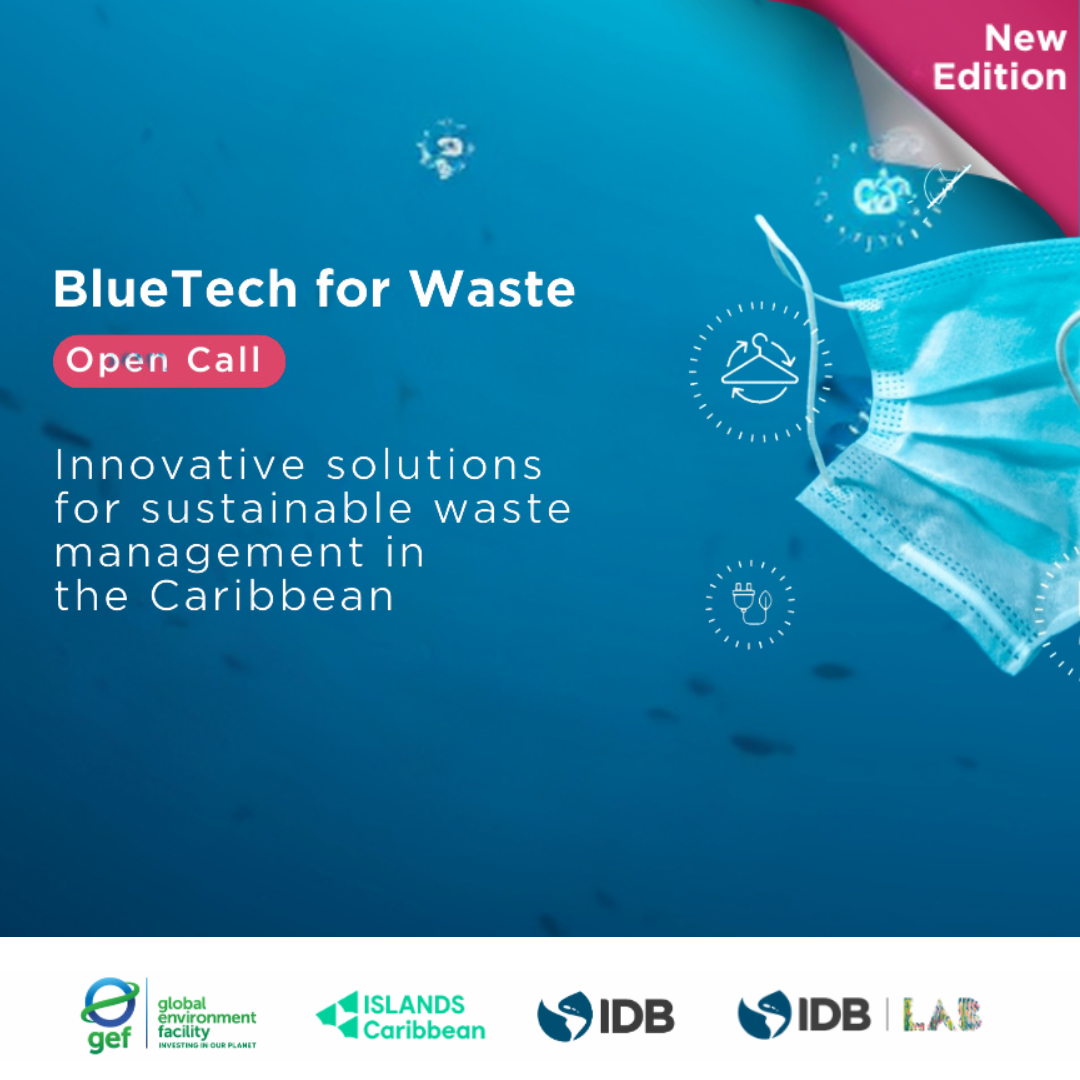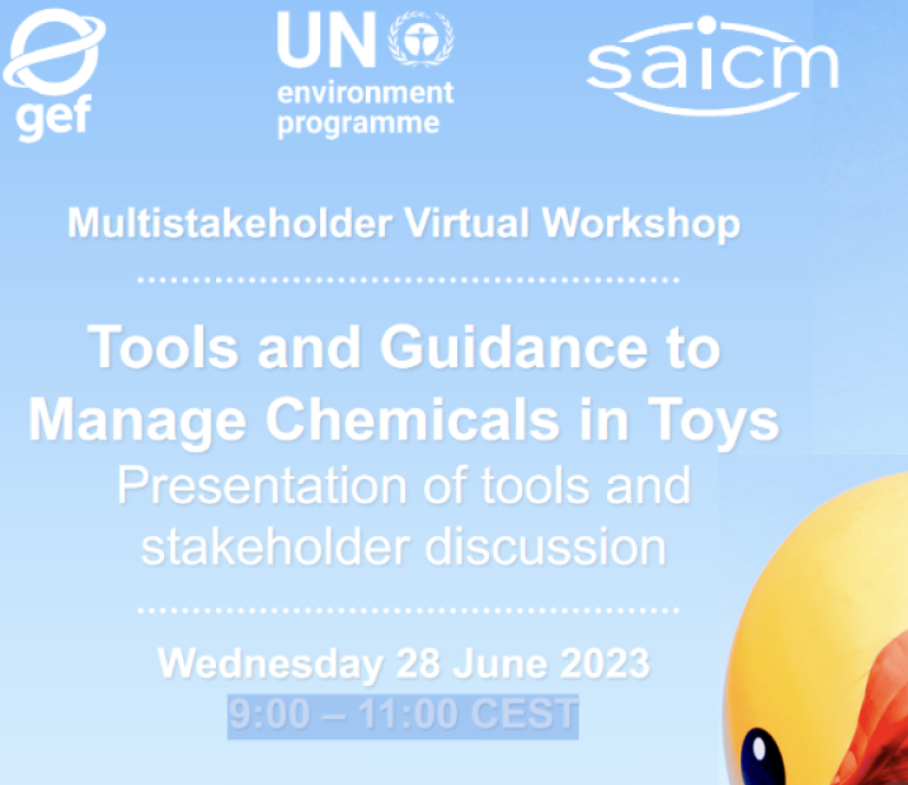More than 9,9 million people globally benefit
from the ISLANDS gender-responsive approach

Why Gender matters
Toxic chemicals released in waste and other pollutants pose serious health and environmental consequences to all people, but often impact women and men differently due to biophysical characteristics, lived experiences and exposure routes. Different jobs in formal and informal workspaces dictate how women, men and children are exposed to hazardous chemicals through the production and usage of everyday products at work or at home, and during disposal and waste management.
Health implications vary among women and men because of size, differing hormone and enzyme levels, and relatively higher fatty tissue in women and associated higher rates of bioaccumulation from hazardous chemicals. Reproductive health is also affected by the use of and exposure to toxic chemicals for both women and men; however, consequences are more evident in women’s reproductive cycle, including miscarriages, infertility, early menopause and breast milk contamination. There are also health consequences for fetal and childhood development associated with a range of toxic chemicals.
What is ISLANDS doing
ISLANDS has adopted a gender-responsive approach across the Programme and regional projects. Specifically, it aims to:
- Ensure gender equality principles, best practices and safeguards mechanisms are in place and applied internally within the Programme.
- Identify and engage with key gender stakeholders across SIDS regions (women’s organisations, ministries working on gender, female entrepreneurs, etc.) Convene a Global ISLANDS Community of Practice on Gender, enhancing peer-to-peer learning, exchange and support.
- Organize and implement activities, together with each regional project, aiming at strengthening women's participation and empowerment within ISLANDS, and in the waste and chemicals management sector overall.
- Create and curate knowledge resources and tools on gender in chemicals and waste management in SIDS, to be shared on gefislands.org, ISLANDS Communities of Practice, or through dedicated webinars and community activities.
- Develop a publicly available online course on gender mainstreaming.
Gender inequality
Gender inequality is among the most pervasive forms of discrimination in the world. It is rooted in historic and contemporary power dynamics that favour or give disproportionate power, resources or access to one group over another. It affects all aspects of life from education and income to rights and access to resources and services. When women and girls are constrained from their full potential, it represents a loss for entire societies, impacting safety, well-being, progress and growth.
The risks for women
Low levels of women’s political representation, poor working conditions, violence against women, insecure access to customary land rights and culturally enforced discrimination persist to varying degrees across SIDS.
Women are generally more often responsible for household care and are the primary purchasers in their homes. As such they tend to have more contact with plastics from packaged food, household goods, health items and clothing, all of which can release microplastics and other hazardous chemicals which can have serious impacts on health. Women and young girls are the predominant users of personal care, hygiene and cosmetic products, many of which contain identified endocrine disruptor chemicals from plastics and in some cases mercury.
Women tend to dominate the informal waste management workforce globally. Informal workers are at higher risks socioeconomically, and work with little or no information on safety or protective measures and associated risks.

Women more often work in cleaning and laundering, with exposure to toxic chemicals at home or at work in factories, dry cleaning, or hotel services and the tourism industry, an important employment sector in many SIDS economies.
Women make up a significant portion of the global agricultural labour force both in large-scale agriculture and households farms, which can expose them to pesticides directly or indirectly. This can be from direct application of pesticides (although less likely than men), and their role in harvesting and production, and exposure to pesticide evaporation through burning agricultural waste.
Toxic beauty
Women use personal hygiene and beauty products more than men, which can include hazardous chemicals like sodium laureth sulphate, parabens, coal tar dye, fragrance, mineral oil, triethanolamine and some heavy metals such as lead, arsenic, nickel, cadmium and mercury. Bioaccumulation of these harmful chemicals and metals in the body can lead to cancer, reproductive and developmental disorders, contact dermatitis, hair loss, lung damage, skin diseases and allergies.
Toxins can enter the human body through:
- Inhalation: perfumes, deodorant, nail polish and scented powders
- Absorption: skin lightening soaps and body creams, moisturizers, cleansers and eye shadow
- Ingestion: lip sticks, lip balm, lip gloss (through the mouth)
The risks for men

Men are more often employed in heavy industries, oil and manufacturing, and waste management and are exposed to a range of hazardous chemicals as a result. They are predominant in the automotive industry and, by association, the end-of-life vehicles, and all of the pollutant hazards associated with the breakdown and repurposing and recycling of potentially toxic items from vehicles, including used oil.
Men dominate in the rapidly emerging e-waste sector, including collection, transportation and waste management. This area is considered as a livelihood opportunity. Men handle toxic chemicals such as pesticides in large-scale agriculture interventions, or in household use as well, often at higher rates than their women counterparts.
As an established knowledge broker, the Green Growth Knowledge Partnership (GGKP) is executing the global Coordination, Communication, and…








